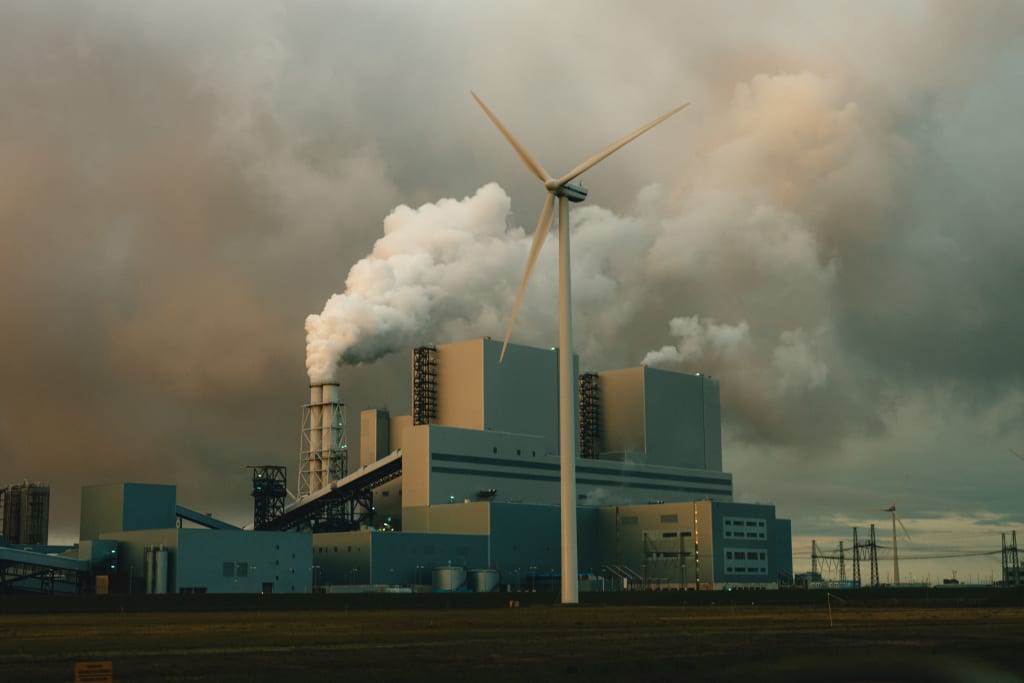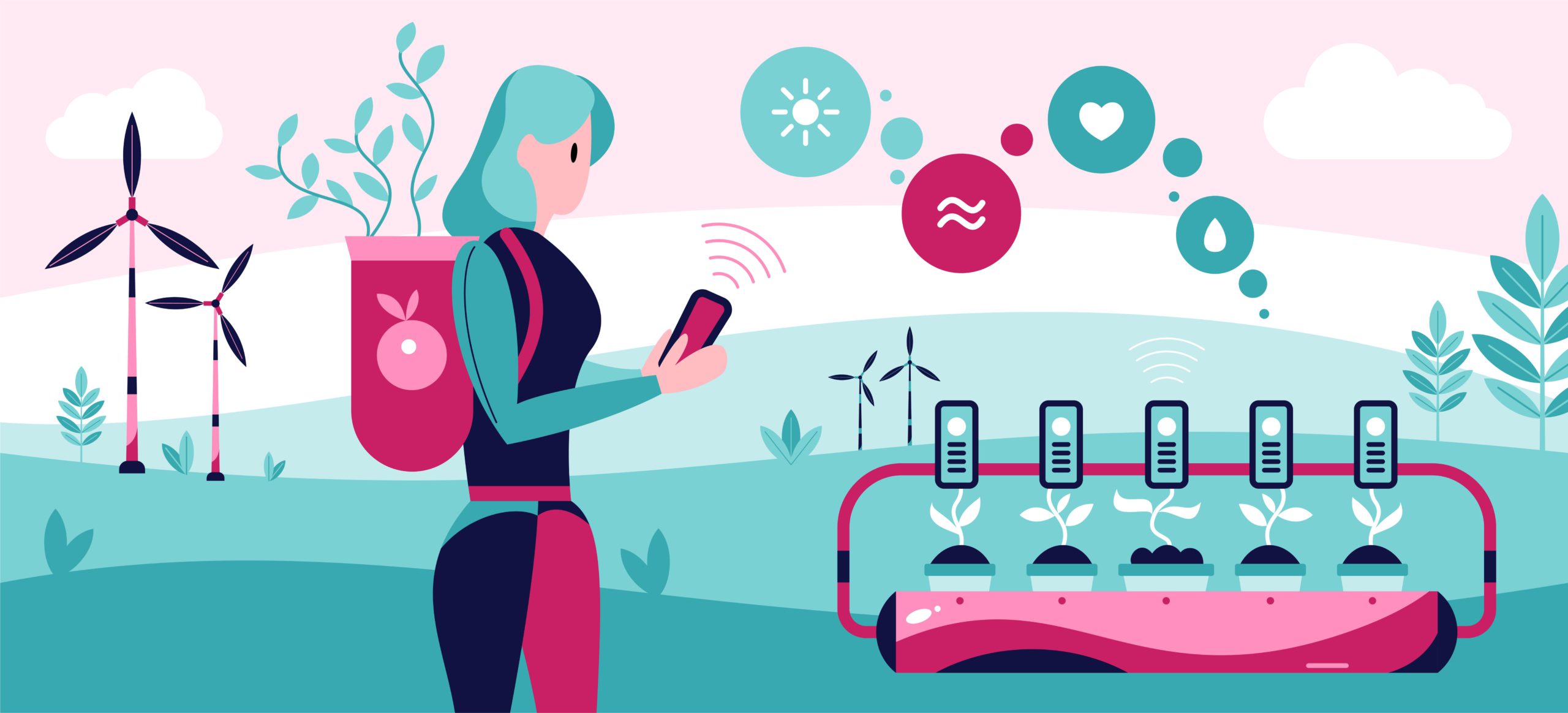Climate change is one of the most critical challenges facing our planet today. As global temperatures rise and extreme weather events become more frequent, the need for effective mitigation strategies has never been more urgent. Technology plays a pivotal role in addressing climate change by offering innovative solutions to reduce greenhouse gas emissions and transition towards a more sustainable future.
Technological Innovations in Energy Sector
One key area of focus is the energy sector. Transitioning from fossil fuels to renewable energy sources is crucial for reducing carbon emissions. Advancements in solar and wind technologies have made them more affordable and efficient, contributing to a shift away from traditional energy sources. Smart grids and energy storage solutions also enhance the reliability and stability of renewable energy systems.
Sustainable Transportation
Another critical aspect is transportation. Electric vehicles (EVs) have gained traction as a cleaner alternative to traditional gasoline-powered cars. The development of high-capacity batteries and charging infrastructure has accelerated the adoption of EVs, contributing to a reduction in the carbon footprint of the transportation sector.
Carbon Capture and Storage (CCS)
Carbon capture and storage technologies play a vital role in mitigating emissions from industries that are challenging to decarbonize fully, such as cement and steel manufacturing. By capturing CO2 emissions at the source and storing them underground, these technologies prevent the release of greenhouse gases into the atmosphere.
Afforestation and Reforestation
Nature-based solutions, such as afforestation and reforestation, also play a crucial role. Forests act as carbon sinks, absorbing CO2 from the atmosphere. Technological tools like satellite imaging and machine learning assist in monitoring and managing forest ecosystems, helping to combat deforestation and enhance carbon sequestration.
Sustainable Agriculture Practices
In agriculture, technology aids in implementing sustainable practices. Precision farming, using sensors and data analytics, helps optimize resource use, reduce waste, and minimize the environmental impact of agriculture. Additionally, the development of climate-resilient crops contributes to food security in the face of changing climatic conditions.
International Collaboration and Policy Frameworks
Effective climate change mitigation requires international collaboration and robust policy frameworks. Agreements such as the Paris Agreement aim to unite countries in their efforts to limit global temperature increases. Technology facilitates the monitoring and reporting of progress towards climate goals, ensuring accountability on a global scale.
In conclusion, harnessing technology for climate change mitigation is not only essential but also offers a beacon of hope for a sustainable future. By embracing innovative solutions across various sectors, we can work towards a world where economic development coexists harmoniously with environmental preservation.

